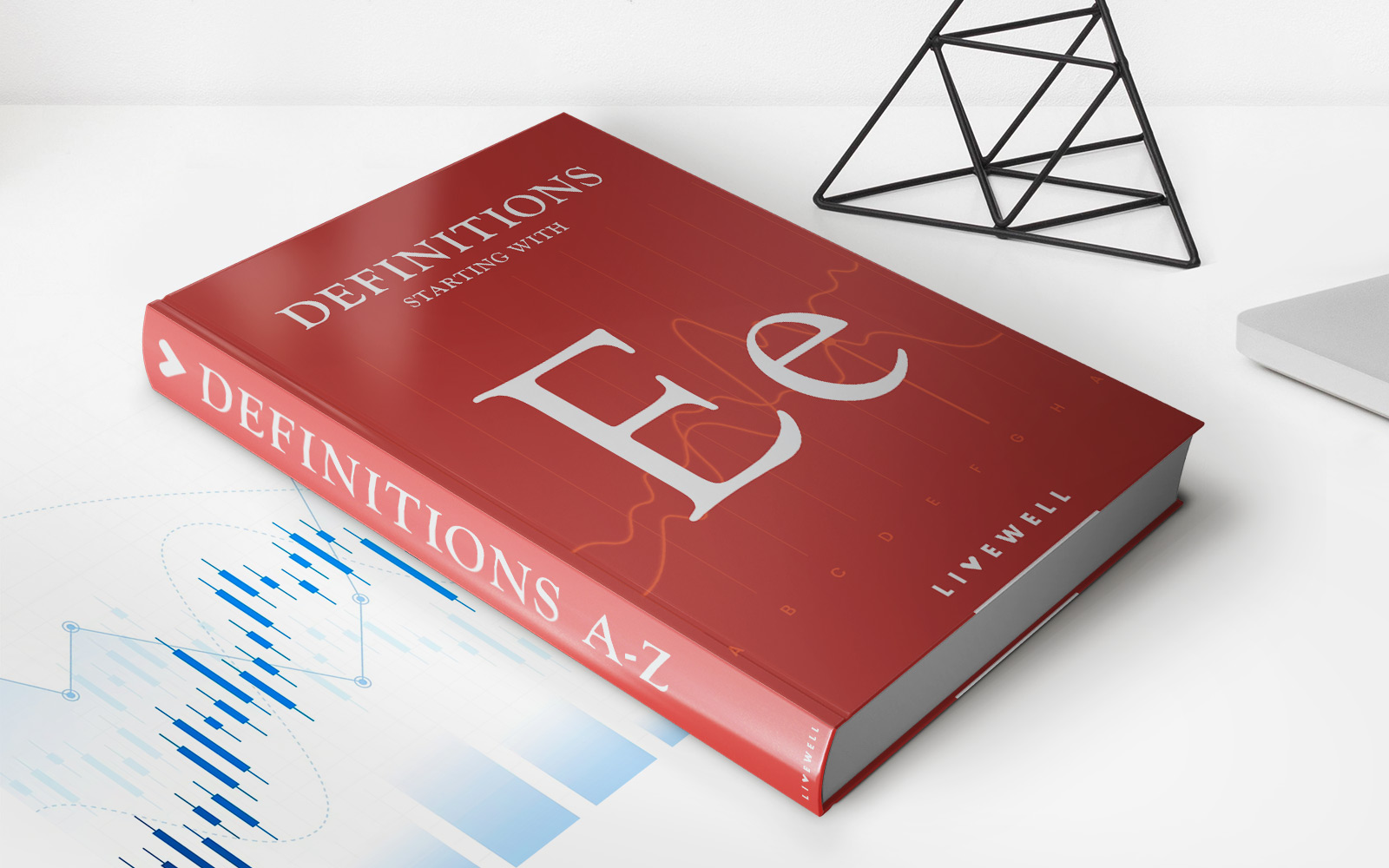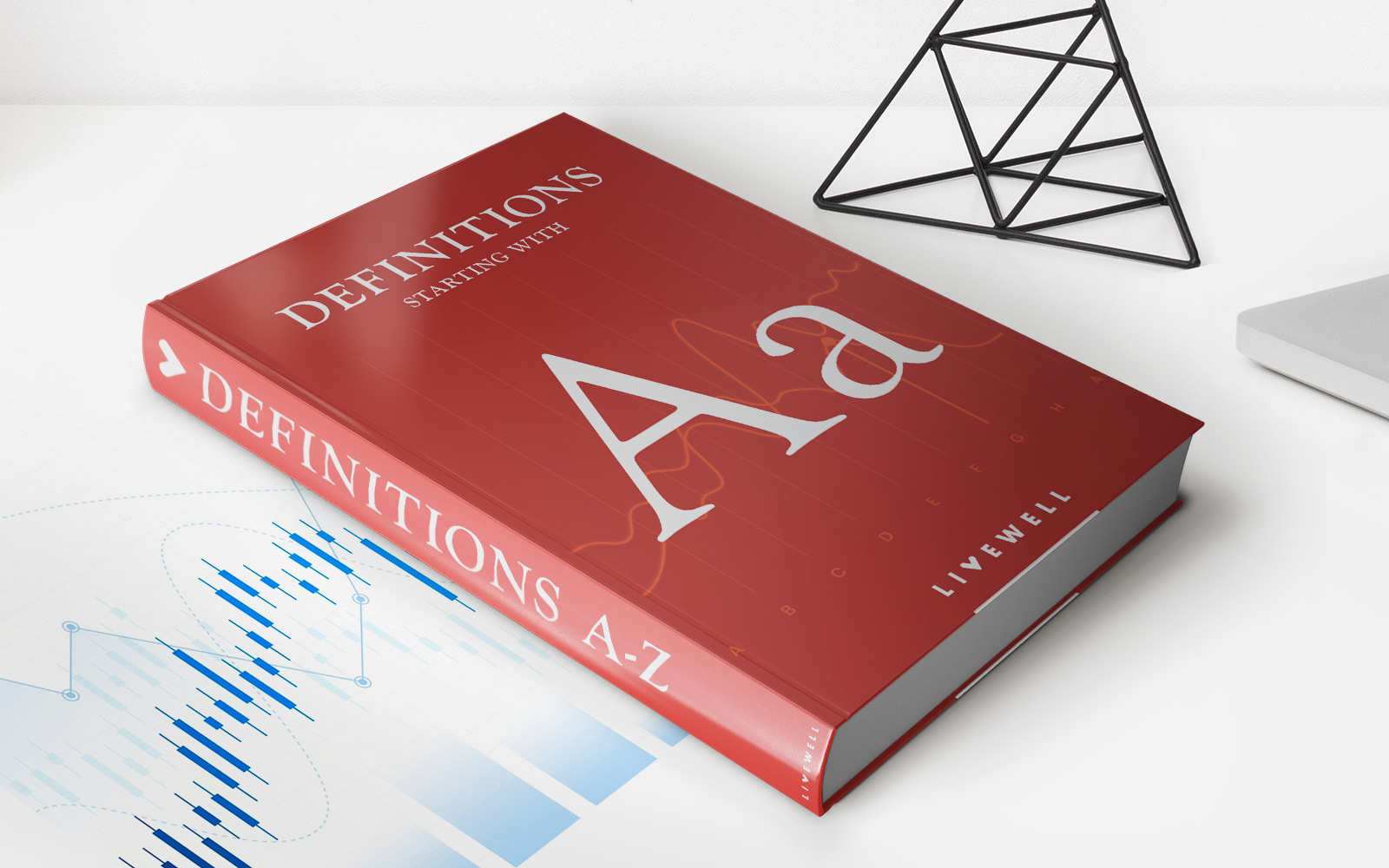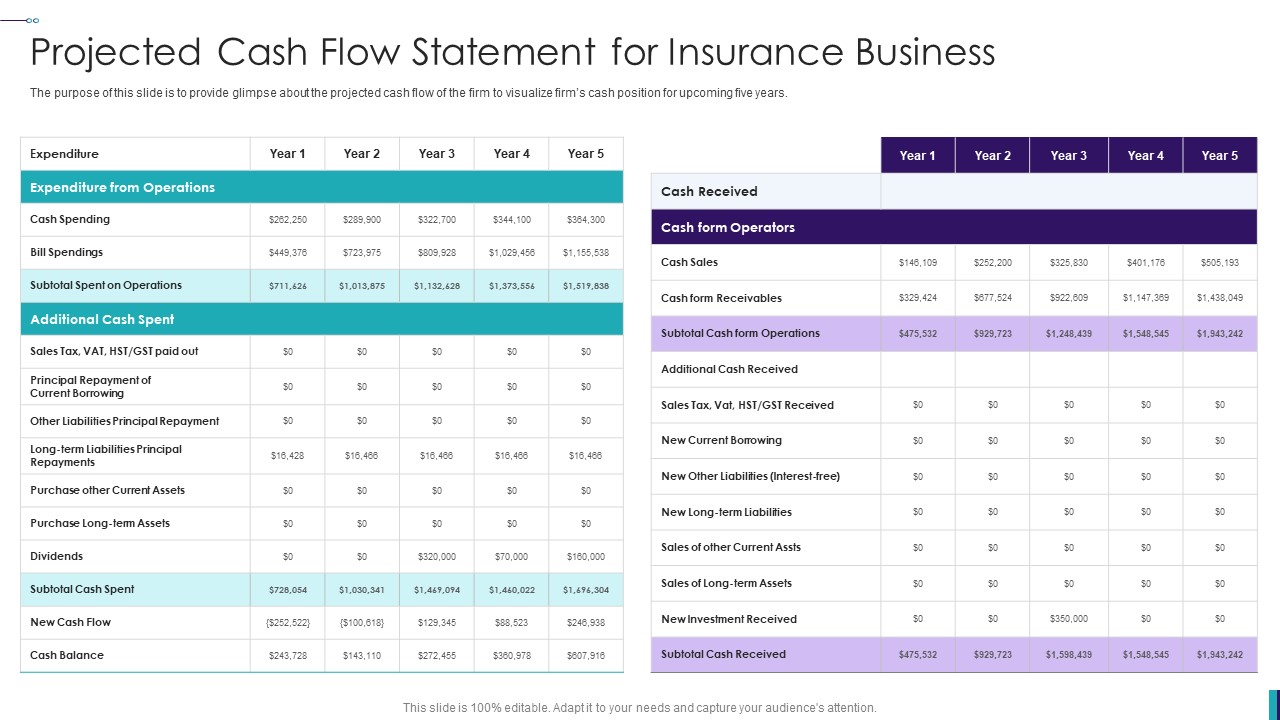

Finance
Perpetual Subordinated Loan Definition
Published: January 7, 2024
Learn the definition of perpetual subordinated loan in finance. Explore the features and benefits of this financial instrument and its role in the industry.
(Many of the links in this article redirect to a specific reviewed product. Your purchase of these products through affiliate links helps to generate commission for LiveWell, at no extra cost. Learn more)
Understanding Perpetual Subordinated Loans
Finance is a critical aspect of our lives, and it’s important to stay informed about the different financial instruments available to us. One such instrument that you may have come across is a perpetual subordinated loan. In this blog post, we will provide you with a comprehensive understanding of what perpetual subordinated loans are and how they work.
Key Takeaways:
- A perpetual subordinated loan is a type of loan that has no fixed maturity date and ranks below other debt in terms of priority.
- These loans are usually issued by banks to strengthen their capital structure and meet regulatory requirements.
What is a Perpetual Subordinated Loan?
A perpetual subordinated loan, as the name suggests, is a loan that does not have a fixed maturity date. Unlike a conventional loan, which has a specific repayment period, a perpetual subordinated loan does not need to be repaid by a certain date. Instead, the borrower pays interest on the loan indefinitely or until certain conditions are met.
Perpetual subordinated loans are typically issued by financial institutions, such as banks, as a way to strengthen their capital structure and meet regulatory requirements. These loans act as a form of regulatory capital and enhance the lender’s ability to absorb any losses or financial shocks.
How Do Perpetual Subordinated Loans Work?
Perpetual subordinated loans are a unique financial instrument that operates differently from typical loans. Here’s how they work:
- Interest Payments: The borrower is required to pay interest on the loan periodically. These interest payments are typically fixed, but they can also be variable based on market conditions or a predetermined benchmark rate.
- No Maturity Date: Unlike conventional loans that have a maturity date by which the principal must be repaid, perpetual subordinated loans have no such maturity date. The loan remains outstanding perpetually, hence the name.
- Subordination: Perpetual subordinated loans rank below other debt in terms of priority. In the event of defaults or liquidation, these loans are paid back after other senior loans and debt obligations are fulfilled. This means that if there are insufficient funds to repay all debts, the holders of perpetual subordinated loans may not receive full repayment.
- Callable Option: In some cases, the issuer of the perpetual subordinated loan may have the option to “call” or redeem the loan after a specific period. This redemption option allows the borrower to repay the loan before the perpetual term, providing them with flexibility in their capital management.
Benefits and Risks of Perpetual Subordinated Loans
Perpetual subordinated loans offer several benefits for both issuers and investors, but they also come with certain risks. Let’s take a look at the potential advantages and disadvantages:
Benefits:
- Enhanced Capital Structure: Perpetual subordinated loans bolster the capital structure of financial institutions, enabling them to meet regulatory requirements and improve their financial stability.
- Regular Income for Investors: As an investor, perpetual subordinated loans can provide a steady income stream through regular interest payments.
- Flexibility for Issuers: The callable option allows issuers to manage their capital structure more efficiently and adapt to changing market conditions.
Risks:
- Default Risk: Since perpetual subordinated loans are subordinated to other debt obligations, there is a higher risk of non-repayment in case of financial distress or insolvency of the borrower.
- Interest Rate Risk: If the interest rate on the loan is variable, fluctuations in market rates can impact the returns for investors.
- Liquidity Risk: Perpetual subordinated loans may not trade as actively as other debt instruments, making it challenging to sell them if the need arises.
In Conclusion
Perpetual subordinated loans are a unique financial instrument that serves specific purposes for both issuers and investors. They offer enhanced capital structure for financial institutions and provide investors with a steady income stream. However, it’s important to consider the associated risks, such as default risk and interest rate risk, before investing in these instruments. As with any financial decision, thorough research and understanding are necessary to make informed choices.
Remember, at the end of the day, finance is a complex field, but by grasping the intricacies of different financial instruments like perpetual subordinated loans, you can take confident steps towards a more secure financial future.














